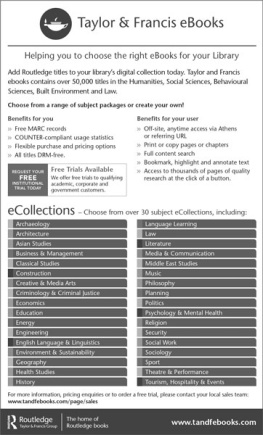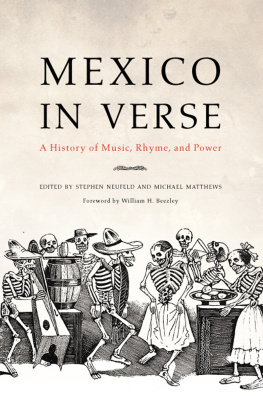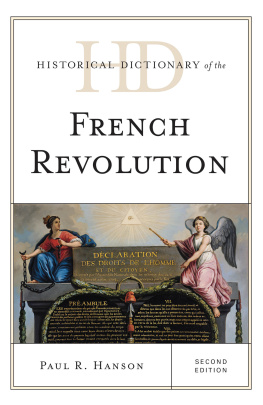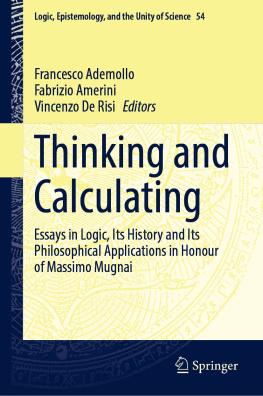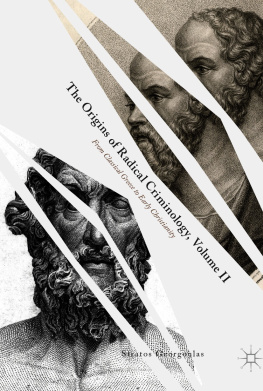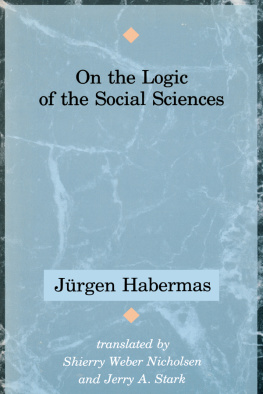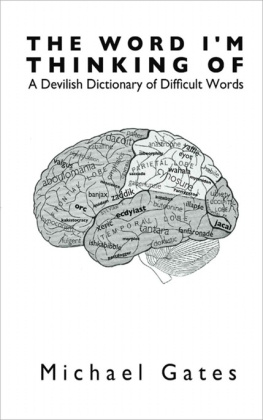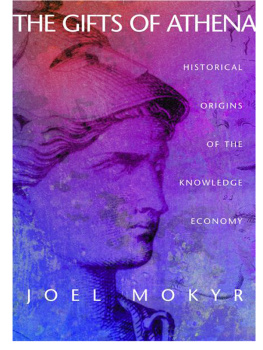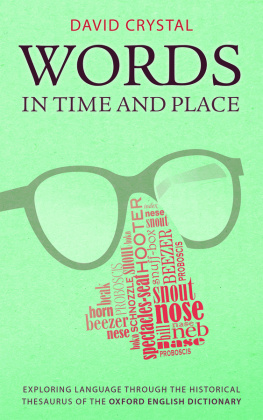WORDS IN TIME
Through questions such as What is power?, How are revolutions generated?, Does public opinion really exist?, What does terrorism mean? and When are generations created?, Words in Time scrutinizes the fundamental concepts by which we confer meaning to the historical and social world and what they actually signify, analysing their formation and use in modern thought within both history and the social sciences.
In this volume, Francesco Benigno examines the origins and development of the words we use, critiquing the ways in which they have traditionally been employed in historical thinking and examining their potential usefulness today. Rather than being a general inventory or a specialized dictionary, this book analyses a selection of words particularly relevant not only in the idiom and jargon of the social sciences and history, but also in the discourse of ordinary people.
Exploring new trends in the historical field of reflection and representing a call for a new, more conscious, historical approach to the social world, this is valuable reading for all students of historical theory and method.
Francesco Benigno is Professor of History at Teramo University, Italy, and the author of several books, including Mirrors of Revolution: Conflict and Political Identity in Early Modern Europe (Brepols, 2010).
WORDS IN TIME
A Plea for Historical Re-thinking
Francesco Benigno
Translated by David Fairservice

First published 2017
by Routledge
2 Park Square, Milton Park, Abingdon, Oxon, OX14 4RN
and by Routledge
711 Third Avenue, New York, NY 10017
Routledge is an imprint of the Taylor & Francis Group, an informa business
2017 Francesco Benigno
The right of Francesco Benigno to be identified as author of this work has been asserted by him in accordance with sections 77 and 78 of the Copyright, Designs and Patents Act 1988.
All rights reserved. No part of this book may be reprinted or reproduced or utilized in any form or by any electronic, mechanical or other means, now known or hereafter invented, including photocopying and recording, or in any information storage or retrieval system, without permission in writing from the publishers.
Trademark notice: Product or corporate names may be trademarks or registered trademarks, and are used only for identification and explanation without intent to infringe.
Translated into English by David Fairservice
British Library Cataloguing in Publication Data
A catalogue record for this book is available from the British Library
Library of Congress Cataloging in Publication Data
Names: Benigno, Francesco, author. | Fairservice, David, translator.
Title: Words in time : a plea for historical re-thinking / Francesco Benigno ; translated by David Fairservice.
Other titles: Parole nel tempo. English | Plea for historical re-thinking
Description: 1st edition. | Abingdon, Oxon, New York, NY : Routledge, [2017] | Includes bibliographical references and index.
Identifiers: LCCN 2016056793 | ISBN 9781138943759 (pbk. : alk. paper) | ISBN 9781138943742 (hardback : alk. paper) | ISBN 9781315208817
Subjects: LCSH: Historiography. | Social sciences--Historiography.
Classification: LCC D13 .B418513 2013 | DDC 901/.4--dc23
LC record available at https://lccn.loc.gov/2016056793
ISBN: 978-1-138-94374-2 (hbk)
ISBN: 978-1-138-94375-9 (pbk)
ISBN: 978-1-315-20881-7 (ebk)
This English edition is considerably different from the original Spanish edition (Las palabras del tempo. Un ideario para pensar histricamente, Ediciones Ctedra 2013) and from the Italian edition (Parole nel tempo. Un lessico per pensare la storia, Viella 2013). The present book is divided into two parts, the first dealing with early modern European history and the second with contemporary history. Two chapters (Stato moderno and Mediterraneo) have been omitted and an entirely new chapter on Terrorism has been added. Moreover, the chapter on Identity has been partially reworked. These changes were all suggested by Routledges anonymous readers whom I also thank for their very stimulating and helpful comments on other aspects of my book. The responsibility for any errors and omissions is naturally mine alone.
The idea of this English edition arose in conversations with Kenneth J. Bindas and Marcello Fantoni whom I thank for their encouragement. My gratitude also goes to Robert Black for the friendly advice which he gave me during the gestation of the book. Finally, I am grateful to my translator David Fairservice for his patience in disentangling and rendering into English the original Italian text which, I admit, was at times somewhat knotty. Just at the end of the translation, in June 2016, David sadly passed away, after a short and relentless illness. He was a very pleasant person, provided with an acute sense of humour and a passion for the Italian language and culture. Even sick he continued the translation till the end, aided by his friend Dugald McLellan, whom I thank also for his help. This edition is dedicated to Davids memory.
In order to observe the world, even before we are able to reflect on it, we need, as Walter Lippmann wrote, to categorize it: the concepts we use determine the shape of things, how we see them and even the choice of things that we see (and hence of the things that we do not see): For the most part we do not see first and then define, we define first and then see. For Lippmann, who developed his thinking on the basis of an average citizen who acquires knowledge of the world through the media, the perception of social reality depends on what we already know and on the preconceptions which we have interiorized, so that such knowledge is largely an elaboration of the already known, a re-cognition. Lippmanns classic insight essentially concerns average people contending with the complexity of the world as it is portrayed by the media but in fact even experts, commentators and social scientists are engaged in the same discourse: it is a problem which they are neither free from nor immune to.
Within these latter groups, the reflection about the role of fundamental concepts, which serve as beacons to illuminate reality and hence to study it, has not always developed coherently. Especially among historians, there long prevailed a traditional empirical approach, which was often inspired by a conception of the writing of history as an artisanal product, as an artistic rather than a scientific artefact, and hence subject to scant conceptual formalization. Beyond this traditional empiricism, time-resistant theoretical positions have been advanced over the years which has stressed the transparency of sources, their direct connectedness to an objective reality, the reality which was coherently ordered by being expressed in a written form and thus needed no more than being explored through tried and tested methods of philology. In practice this approach not infrequently entailed a simple appeal to common sense. On the other hand, historicisms clear insistence that there should be a nexus between history and theory and that historical enquiry should therefore be characterized in terms of problems came under increasing pressure as it faced a decline in ethico-political social history with its concomitant theoretical-idealistic orientations. So it would happen that the long heyday of social history, despite its solid theoretical framework (however anachronistic it may appear from the present-day vantage point), generally gave little heed to the categories which it employed, that is, the categories used both by the historical players and by the historian as investigator.

